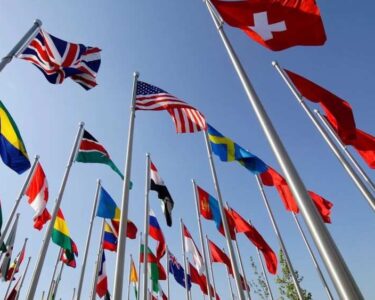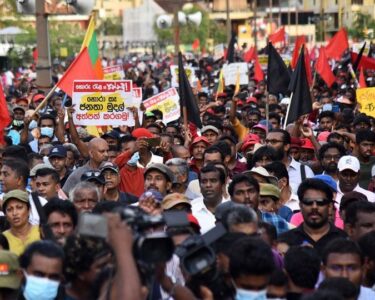Challenges with Misinformation in Elections: Addressing the Digital Threat

As Sri Lanka prepares for the 2024 presidential election, the issue of misinformation and disinformation has become a growing concern, particularly with the rise of social media platforms like Meta (formerly Facebook), X (formerly Twitter), TikTok, and YouTube. These platforms, while offering candidates and voters unprecedented access to information, also serve as hotbeds for false news, misleading claims, and digital manipulation that can unfairly influence public opinion.
Misinformation—unintentional spreading of false information—and disinformation—deliberate attempts to deceive—have a powerful impact during election periods. With the increasing reliance on digital platforms for news, voters are more vulnerable to biased narratives or false reports designed to sway electoral outcomes. This digital threat is amplified by the ease with which content can be shared and manipulated, as well as the anonymity that social media offers to bad actors.
A key challenge lies in the regulation of social media platforms during elections. Although traditional media like television and newspapers are subject to election guidelines issued by Sri Lanka’s Election Commission (EC), similar measures for digital platforms remain underdeveloped. The EC’s 2024 media guidelines stress the importance of neutrality and accurate reporting, but enforcing these standards on global platforms such as Meta or TikTok is far more complex, especially when misinformation can spread rapidly, with far-reaching consequences.

The 2019 presidential election in Sri Lanka showcased the pivotal role of social media in shaping voter perceptions. Campaigns continued online even during the legally mandated “cooling-off” period, when traditional media is restricted from publishing political content. This showed how easily digital platforms could bypass existing regulations, leading to calls from both local and international observers for tighter control over social media activity during elections.
However, balancing the regulation of social media with the right to freedom of expression is a delicate task. While government regulations can help prevent the spread of harmful misinformation, they must not stifle legitimate political discourse or restrict individual rights. The key lies in creating fair, transparent, and enforceable guidelines that both protect the integrity of the election process and uphold democratic values.
Addressing the challenge of misinformation requires coordinated efforts between governments, digital platforms, and civil society. Strengthening media literacy among the public is also crucial, as an informed electorate is better equipped to recognize and reject false information. As digital platforms continue to evolve, so must the measures taken to safeguard the electoral process from the dangers of misinformation







